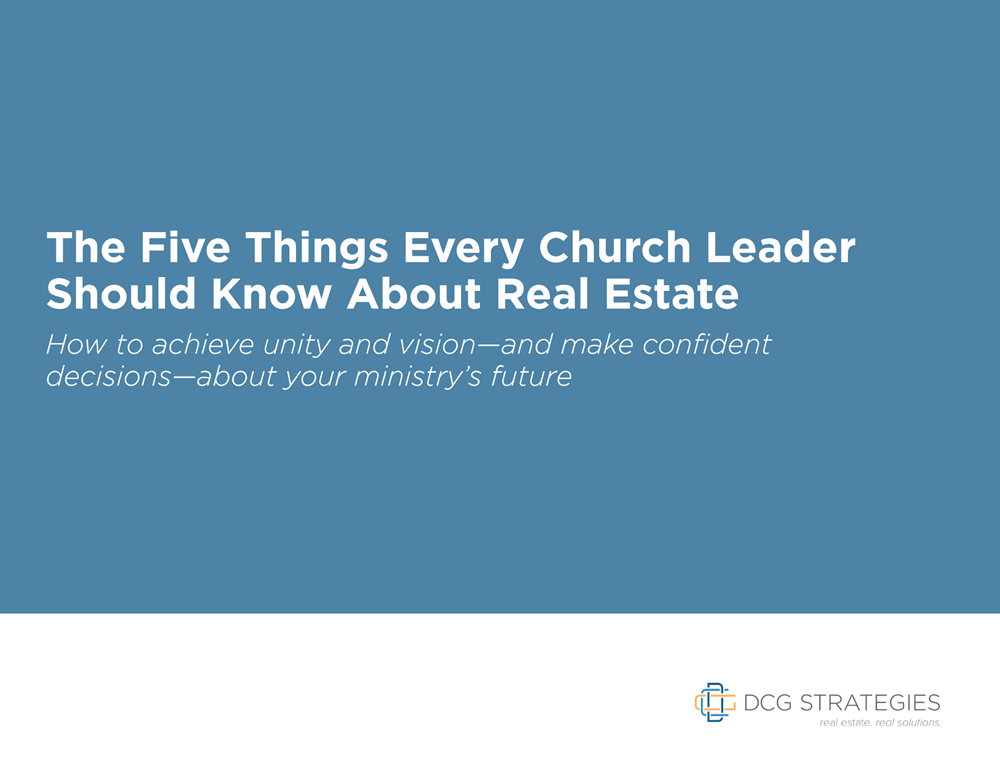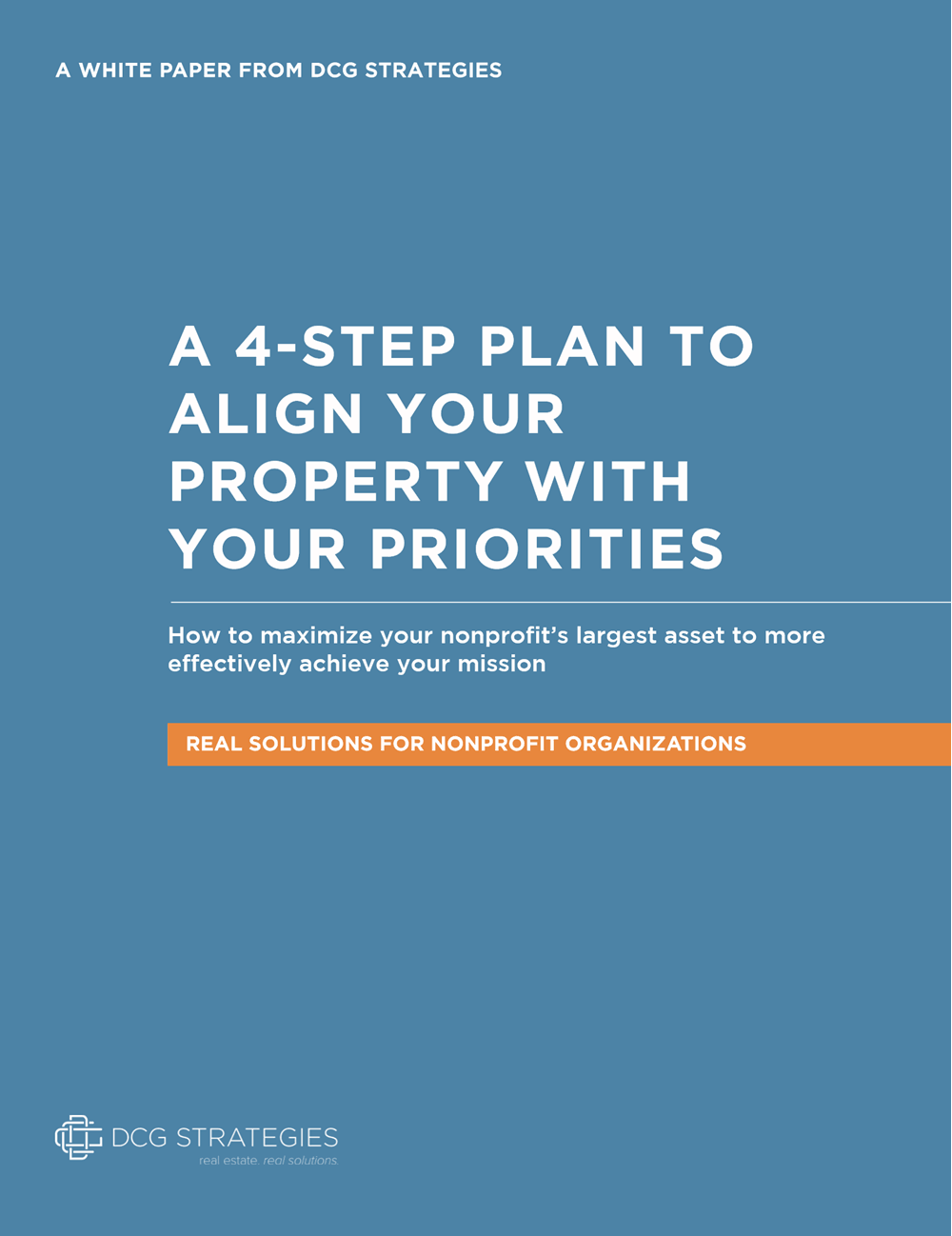Whether you’re just starting a ministry or your church’s congregation has outgrown its building, it’s likely that you’ve had to take on an unusual new role: real estate expert. Although faith leaders understand how to preach effectively and build a community of believers, not many are equipped with the knowledge to buy church property. From evaluating the value of the property to gaining zoning approval to inspecting the facility, there are many steps church leaders need to go through before signing on the dotted line.
But church leaders aren’t the only ones who lack familiarity with purchasing church property. Many commercial real estate brokers also lack the vision and strategic guidance to thoughtfully lead you through this process. Matters regarding church real estate require a specialized approach that should include an adviser who has both real estate expertise and experience working with churches.
“I didn’t want to go to the average firm to help me find the average property,” says Destiny Christian Fellowship Pastor Paul Sheppard. “I wanted to go to people who knew what we were about and could help meet our mission with their expertise.”
If you are considering buying a church building or a nontraditional property to convert into your congregation’s new home, here are three critical steps to position your church for success.
Align Church Leadership
Before you can even think about selecting a site, everyone from your church administrators to your congregation members needs to be aligned in terms of your long-term vision and how the new building with help you achieve the objectives and goals you’ve set. An experienced church broker can help shepherd a congregation through conversations about location, property-specific issues and design decisions to avoid a disconnect within your congregation.
Create a Financial Plan
Next, you need to create a financial plan for how the congregation will lease or purchase the property. If you choose to lease, make sure you understand the real market value of the property so you know if you can handle lease payments. If you choose to purchase, you will probably use a combination of funding sources, such as a capital campaign, donations and bank loans. A good rule of thumb: Churches can borrow three times their annual giving.
Make sure your financial and organizational records are in order. You should be able to produce financial statements for the past three to five years, information about any existing debt obligations and current assets, as well as tithes and offerings. Additionally, review your articles of incorporation or bylaws, and determine who is going to be the signatory for the execution of the documents.
Locate the Appropriate Church Property
There are many spiritual, emotional and congregational considerations when selecting a site, and it’s helpful to remember that the “perfect property” doesn’t exist. Church leaders need to be flexible. For example, many churches in California are leasing or buying nontraditional church buildings because there is a low inventory of existing churches for sale. If you’ve identified a potential building, investigate city regulations, including easements, parking and zoning regulations, and utilities, to determine if the property can be used for religious purposes. Additionally, gain a clear understanding of what it will cost to convert the building into a suitable church.
When Calvary Chapel Fremont was looking for a long-term solution for their growing congregation, DCG identified a nearly 15,000-square-foot building within a five-minute drive of the existing church. The team also recognized the building required seismic upgrades and immediately recruited a structural engineer to complete the earthquake retrofitting. The new building is anticipated to accommodate a 100 percent growth in congregation size.
Unfortunately, without the aid of an experienced church broker, many churches purchase buildings that aren’t zoned to be churches or that they ultimately can’t afford because they didn’t account for how much it would cost to renovate.
If you do find an existing church building in a good location that fits within your budget, make sure it suits your needs and is in good physical condition so renovations required are more cosmetic than infrastructural.
Unlike a traditional real estate agent who has to string together the professionals necessary to complete the purchase of a property, an experienced church broker offers a full turnkey solution. It pays to find the right partners who can connect you with church lenders and capital campaign leaders, organize documents and reports, manage the zoning process, oversee the inspection of the facility and the construction process, seek congregational approval, negotiate the deal, and hand you the key.
For more information about how to achieve unity and vision and make confident decisions about your ministry’s future, read The Five Things Every Church Leader Should Know About Real Estate.






